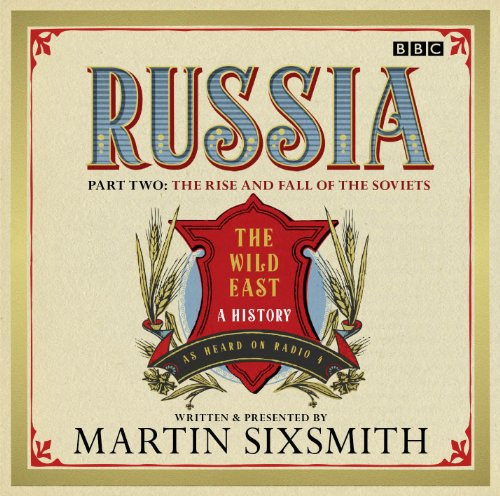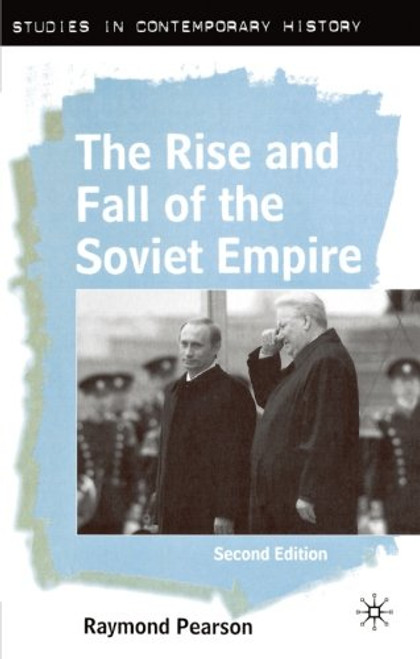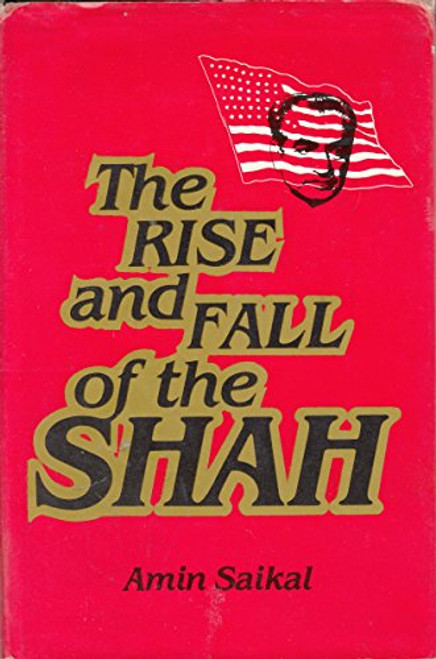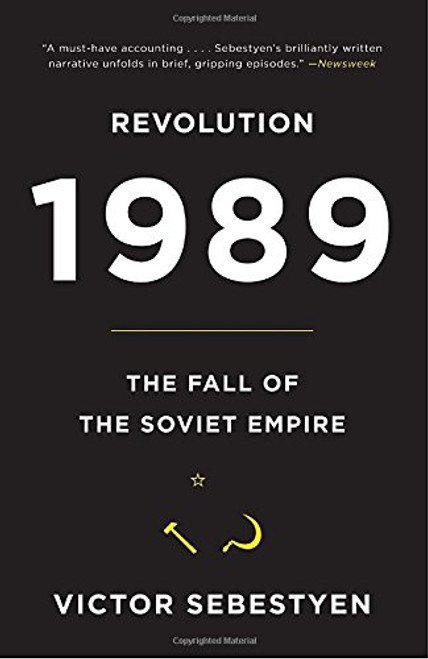Martin Sixsmith brings his firsthand experience of reporting from Russia in the 1980s and 90s to his narrative, witnessing the critical moment when the Soviet Union lost its grip on power. He asks if the recurring patterns of Russian history can help us understand what has happened since 1991, when the promise of Westernstyle democracy aroused so many hopes for change.
The second part in this fascinating BBC Radio production covers the postrevolutionary period up to the present day and includes: Civil war, The Peasant's Revolution, the End of the World Revolution in 1922, industrialization, purges and the rewriting of history, World War Two, the Nuclear Age beginning in 1949, the death of Stalin in 1953 followed by ideological expansion in the 50s and 60s under Krushchev, Gorbachev's reforms in the 80s and 90s leading to destabilization, the Chernobyl disaster, Yeltsin and the end of the Soviet Union, Putin, and the reassertion of democracy.
Finally, Sixsmith pulls all the themes of both series together and looks at Russian identity under five headings: Autocracy vs. Democracy, East vs. West, Collectivism vs. Individualism, and Multiethnic empire vs. Slavic nation state.
The second part in this fascinating BBC Radio production covers the postrevolutionary period up to the present day and includes: Civil war, The Peasant's Revolution, the End of the World Revolution in 1922, industrialization, purges and the rewriting of history, World War Two, the Nuclear Age beginning in 1949, the death of Stalin in 1953 followed by ideological expansion in the 50s and 60s under Krushchev, Gorbachev's reforms in the 80s and 90s leading to destabilization, the Chernobyl disaster, Yeltsin and the end of the Soviet Union, Putin, and the reassertion of democracy.
Finally, Sixsmith pulls all the themes of both series together and looks at Russian identity under five headings: Autocracy vs. Democracy, East vs. West, Collectivism vs. Individualism, and Multiethnic empire vs. Slavic nation state.






